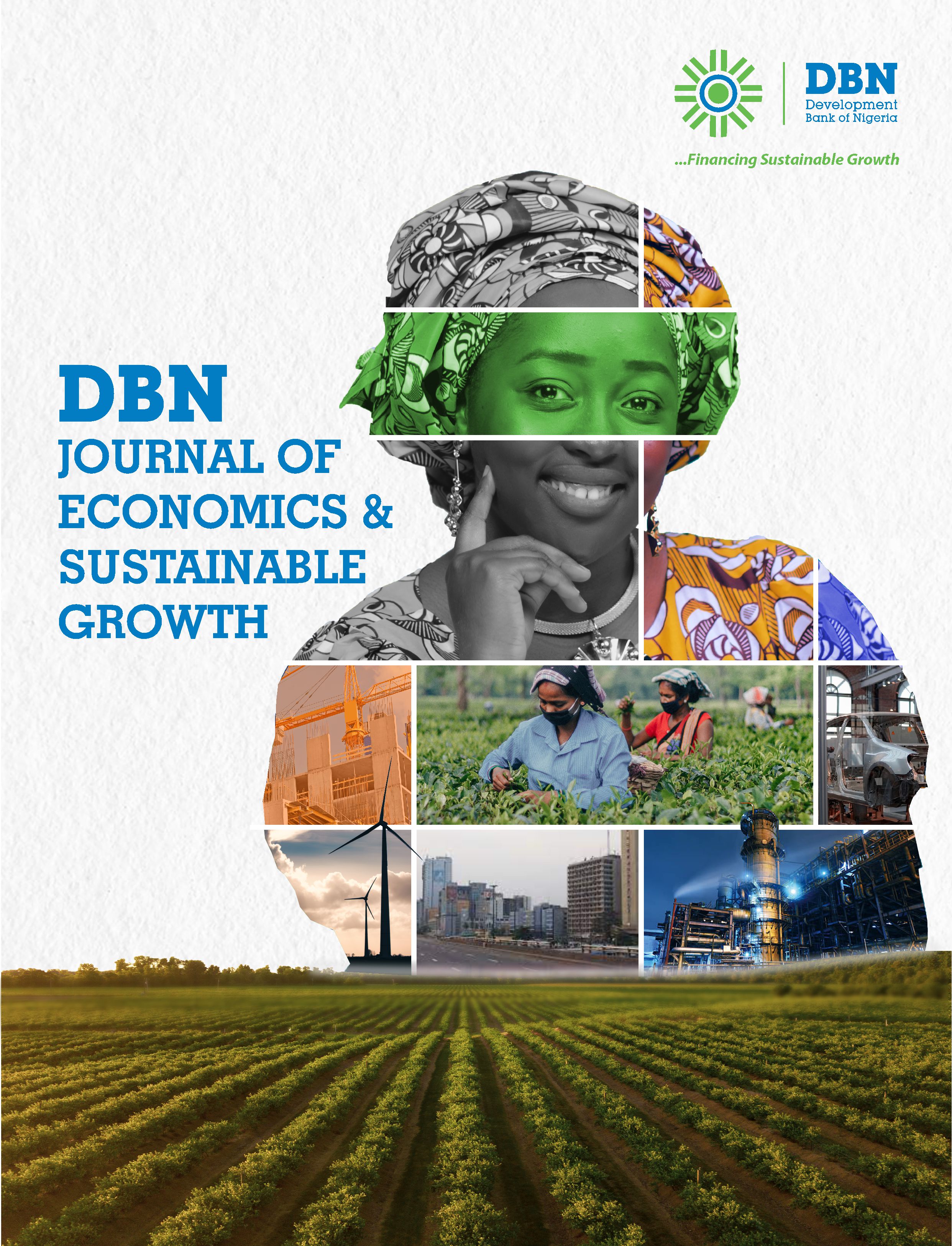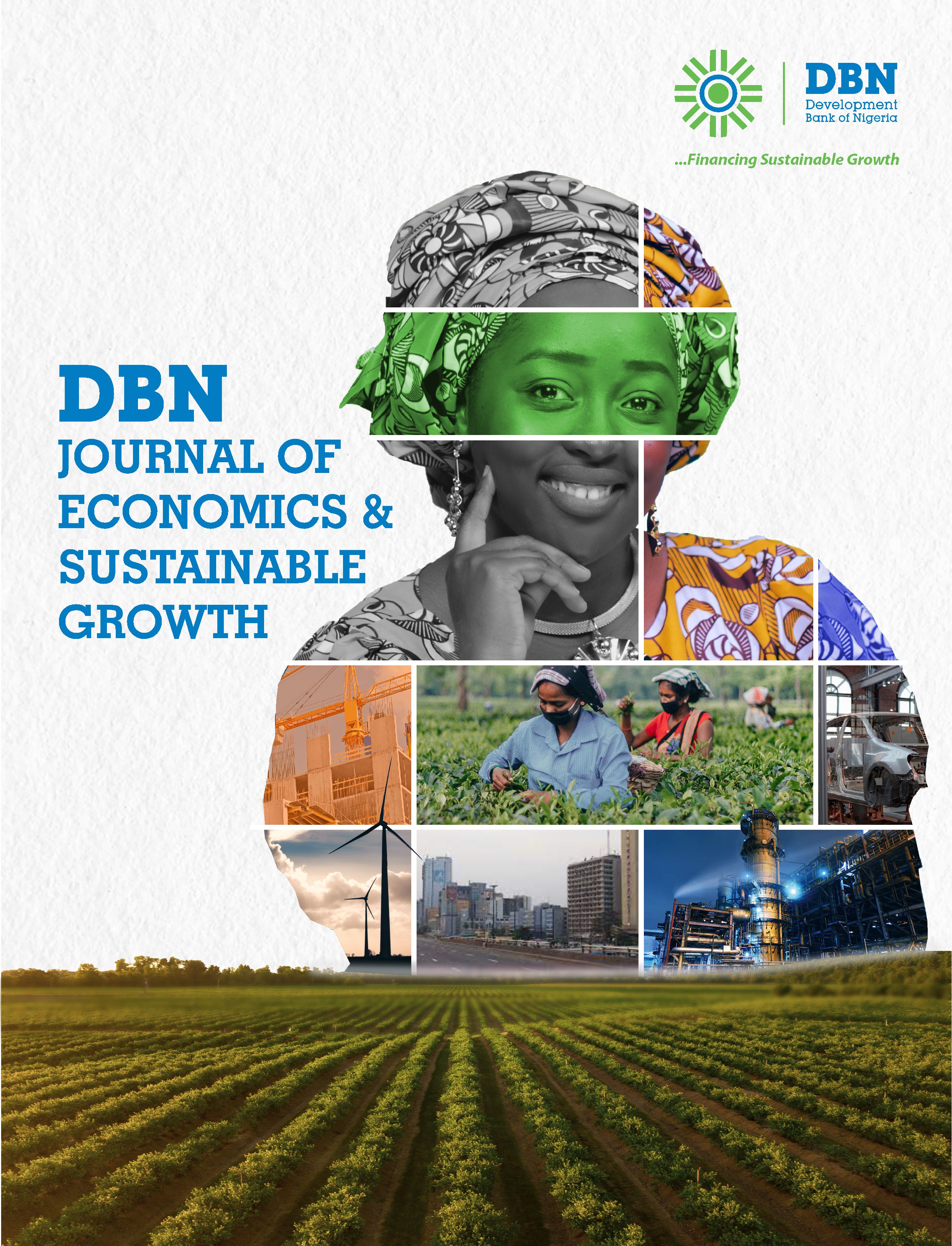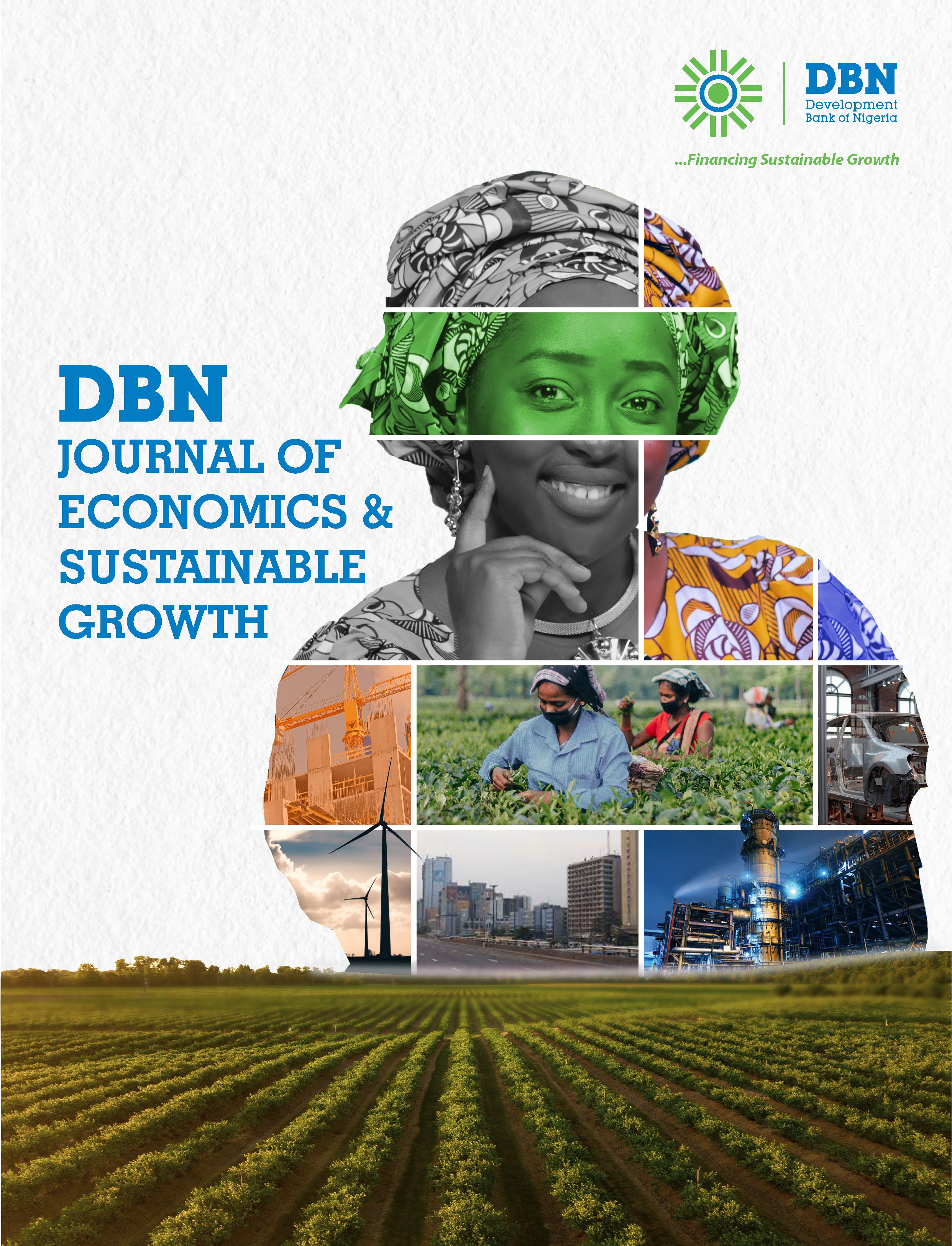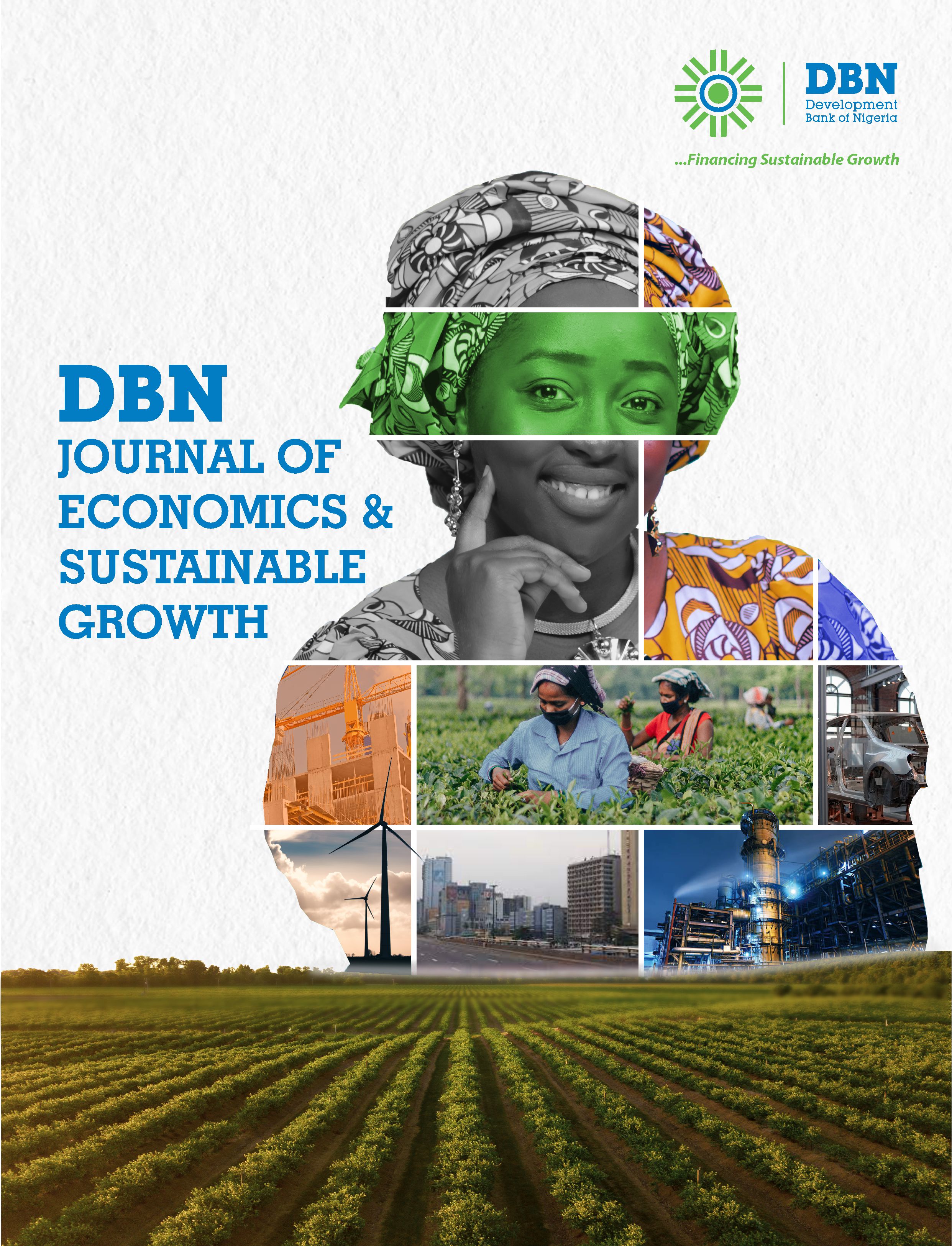
Publication Information
Published by: Admin
Published: 2 years ago
View: 292
Pages: 15
ISBN:
Abstract
The continuous increasing demand for energy through increased population and per capita growth has become a matter of concern for policy makers. The paper examines the effect of energy sector productivity on economic growth in Nigeria from 1980 to 2021. The methodology adopted is the Auto Regressive Distributed Lag Error Correction Model (ARDL-ECM). Stationarity, serial correlation, normality, stability, and heteroscedasticity tests were further carried out in the paper. The result shows that oil and gas production have negative but significant relationship with economic growth due to continuous oil theft and use of outdated methods and machineries for production while electricity generation has a positive significant relationship meeting the a priori expectation. The paper concludes that the energy sector plays a significant role in the economic performance and the rate of growth of Nigeria’s economy and therefore, recommends continued advanced research that will bring to light more efficient production and generation process to adopt to boost the performance of the energy sector.
Ikechi Kelechi Agbugba Dr
Anthonia Oghenevwaire Okudaje
Ebitari Bianebi Dr
Related Publications

VOLUME 5 ISSUE 3 2023
Sectoral FDI, Financial Development and Economic Growth in Nigeria

VOLUME 5 ISSUE 3 2023
Household Finance: Portfolio Decision Models And Financing Decisions

